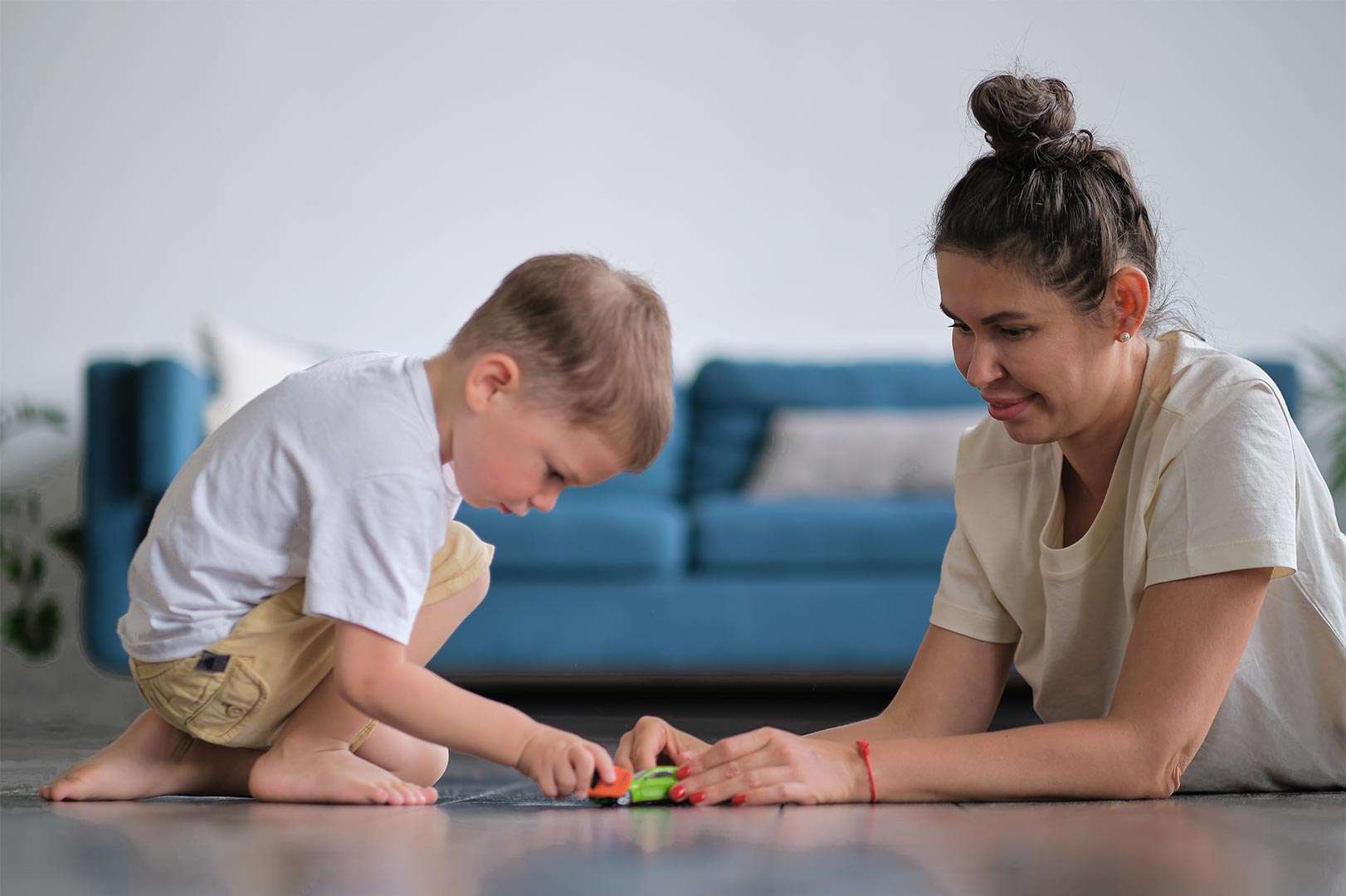Parenting in the digital age can be challenging, but it is also an opportunity to teach your child important life skills and help them thrive. Here are some tips to help you get started:
1. Talk to your child about their online activity.
The best way to start is to have open and honest conversations with your child about their online activity. What websites do they visit? What apps do they use? Who do they talk to online? It is important to know what your child is doing online so that you can help them stay safe and make good choices.
2. Set clear expectations and rules.
Once you have a better understanding of your child’s online activity, you can start to set clear expectations and rules. For example, you may want to limit screen time, restrict access to certain websites or apps, or require your child to use technology in a common area of the house.
3. Be a role model.
Children learn by watching the adults in their lives. Pay attention to how you use technology yourself. Do you check your phone constantly? Do you spend hours watching TV or playing video games? If you want your child to have a healthy relationship with technology, it is important to be a good role model.
4. Teach your child about online safety.
There are a number of online dangers that children may face, such as cyberbullying, online predators, and inappropriate content. It is important to teach your child about these dangers and how to stay safe online. You can find a wealth of resources on online safety from websites like the National Security Alliance and the Federal Trade Commission.
5. Use parental controls.
Parental controls can be a helpful way to restrict your child’s access to certain websites, apps, and content. However, it is important to remember that parental controls are not a replacement for talking to your child about their online activity and setting clear expectations and rules.
6. Encourage your child to use technology for good.
Technology can be a powerful tool for learning, creativity, and connection. Encourage your child to use technology in positive ways, such as to do research for school, create art or music, or connect with friends and family members who live far away.
Here are some additional tips for parenting in the digital age:
- Be aware of the latest trends and technologies. The digital landscape is constantly changing, so it is important to stay informed about the latest trends and technologies. This will help you make informed decisions about your child’s online activity.
- Talk to other parents. Parenting in the digital age is a new challenge for everyone. Talk to other parents about their experiences and get their advice.
- Don’t be afraid to ask for help. If you are struggling to parent in the digital age, there are resources available to help you. Talk to your child’s pediatrician, school teacher, or another trusted adult.
Parenting in the digital age can be challenging, but it is also an opportunity to teach your child important life skills and help them thrive. By following the tips above, you can help your child have a safe and positive experience online.
Find out if your child needs extra support today!
- My child screams hysterically
- My child is mean to other children
- My child is always worried
- My child is scared to go to school
- My child is scared of loud noises
- My child doesn’t know how to read
- My child is scared to play outside
- My child does not respond to his name
- My child always gets in trouble
- My child fights with other children
- My child doesn’t know how to count
If you are concerned about your child’s development, contact us for Assessments: Phone/Telegram: 077.455.993 – Telegram Link: https://t.me/OrbRom
If you are concerned about your child’s development, contact us for Assessments.
Phone/Telegram: 077.455.993 Link: https://t.me/OrbRom






Leave A Comment